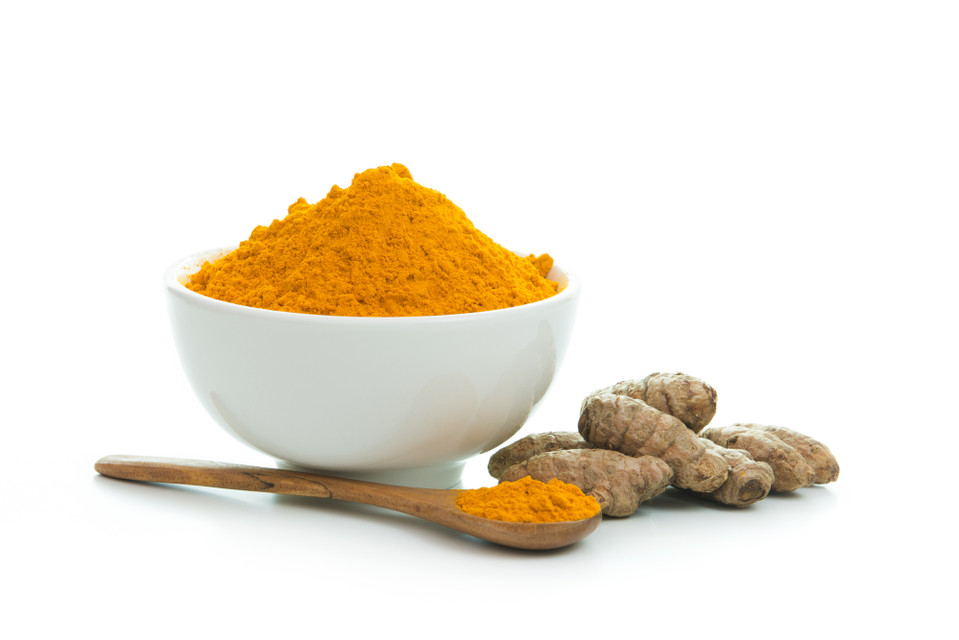Nov 3rd 2025
Frequently Asked Questions About Curcumin
If you want to maintain your best health or fight back against a wide range of common health complaints, you should consider taking curcumin. This natural component of turmeric has a distinguished history in folk medicine for its many health benefits. Modern studies have associated curcumin with a variety of healing benefits.
The more you know about curcumin, from its effects on the human body to the best ways of obtaining and consuming it, the more effectively you can incorporate it into your daily health and wellness routine. Take a look at the answers to these frequently asked questions about curcumin.
Where Does Curcumin Come From?
Curcumin occurs naturally in the rhizome—or root-like underground stem—of the turmeric plant. The substance gets its name from turmeric's botanical classification, Curcuma longa. Turmeric has become a staple of kitchens everywhere for its bright yellow color and distinct flavor, especially in Indian cuisine.
Ancient healers saw more in turmeric than just flavor and color, implementing it as an important ingredient in Ayurvedic medicine. These healers prescribed turmeric vapors to alleviate congestion, applied turmeric pastes to skin problems, and used turmeric juice to speed tissue healing, with curcumin providing many of the key benefits.
What Health Benefits Does Curcumin Offer?
Modern research supports ancient wisdom regarding curcumin's health benefits. For instance, studies have indicated that the substance packs a powerful anti-inflammatory punch. This quality makes it potentially useful against painful chronic conditions such as arthritis. It may also protect the heart and other organs against inflammation.
In addition to having antioxidant properties of its own, curcumin may boost the strength of other antioxidants, protecting cells against oxidative damage. It shows potential for protecting the brain against dementia and depression. Research indicates that curcumin may even kill cancer cells or at least help keep cancer from spreading.
Curcumin may offer some helpful metabolic benefits. Studies show that it can help to stabilize blood sugar levels in individuals with diabetes or metabolic syndrome. It may improve digestion by supporting a healthy gut microbiome. Curcumin has even shown promise for body fat regulation, appetite control, and weight management.
How Much Curcumin Should You Take?
Curcumin should prove safe for most individuals. According to the European Food Safety Authority, people can safely take up to 1.4 milligrams per pound of body weight. This substance tends to cause side effects only in excessively high doses. These side effects may include diarrhea, discolored stools, nausea, and headaches.
Curcumin doesn't necessarily make a good choice for everybody. For example, if you take chemotherapy drugs such as cyclophosphamide, doxorubicin, mechlorethamine, or camptothecin, you shouldn't take tuermic or curcumin supplements at the same time. The supplements may interfere with these drugs' ability to work properly.
How Can You Optimize Your Curcumin's Effectiveness?
One stumbling block associated with curcumin's effectiveness involves the body's limited ability to absorb it. Digestive enzymes can metabolize curcumin before it has a chance to enter the bloodstream. A curcumin supplement that includes black pepper extract can block this rapid metabolic breakdown.
You can either take pure curcumin in supplement form or enjoy whole turmeric as a tea or food additive. Some argue that whole turmeric offers a variety of additional nutritional benefits that curcumin cannot. However, whole turmeric also contains a much smaller concentration of curcumin than you can get from supplements.
If you believe curcumin could make a significant difference in your health, comfort, and function, look no further than Beyond Health. Our wide range of nutritional supplements includes a combination of curcumin and black pepper extract for maximum bioavailability and effectiveness. Order your curcumin supplement from us today.
 Fuel your life with the purest vitamins
Fuel your life with the purest vitamins
